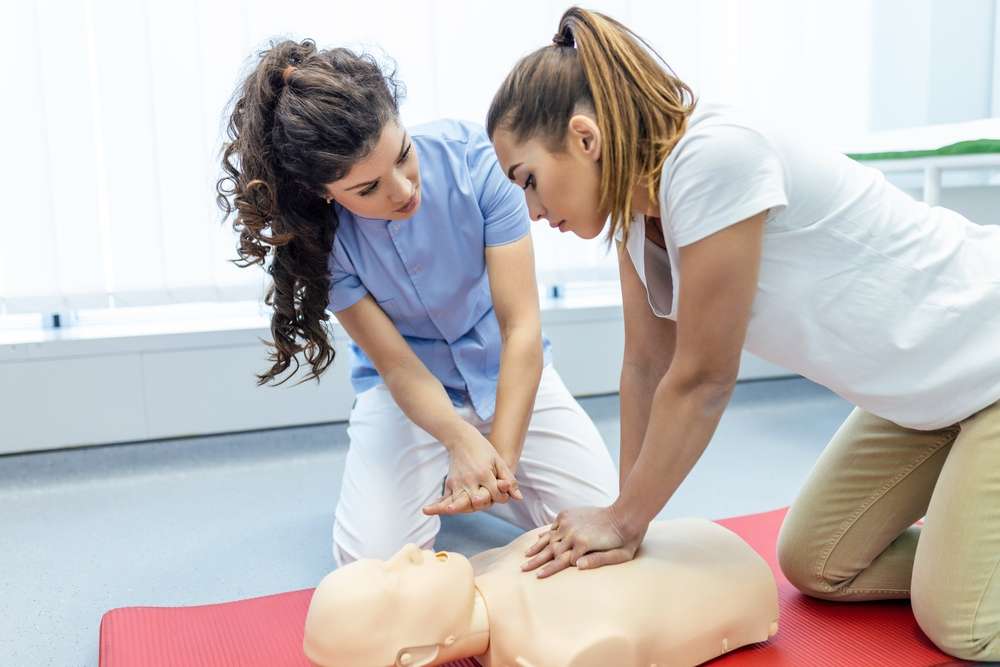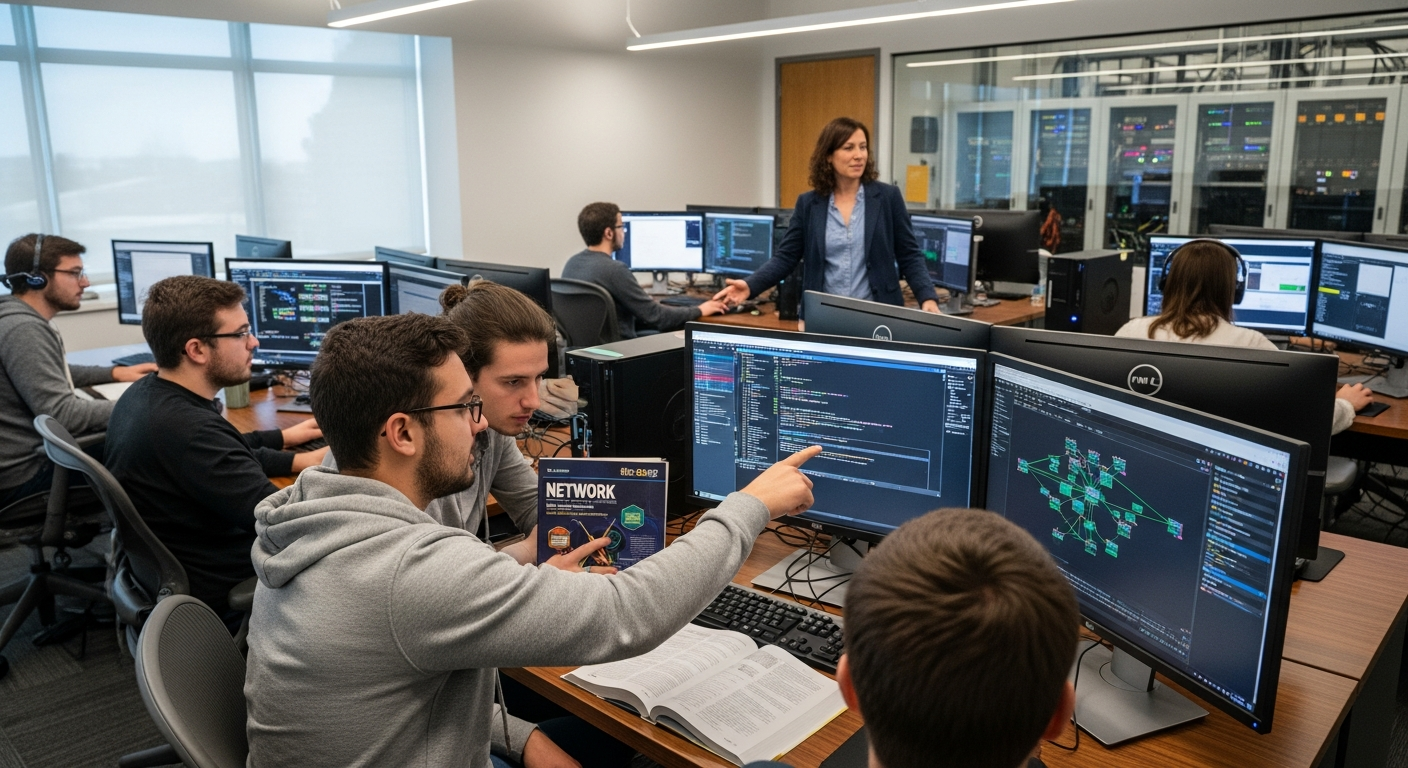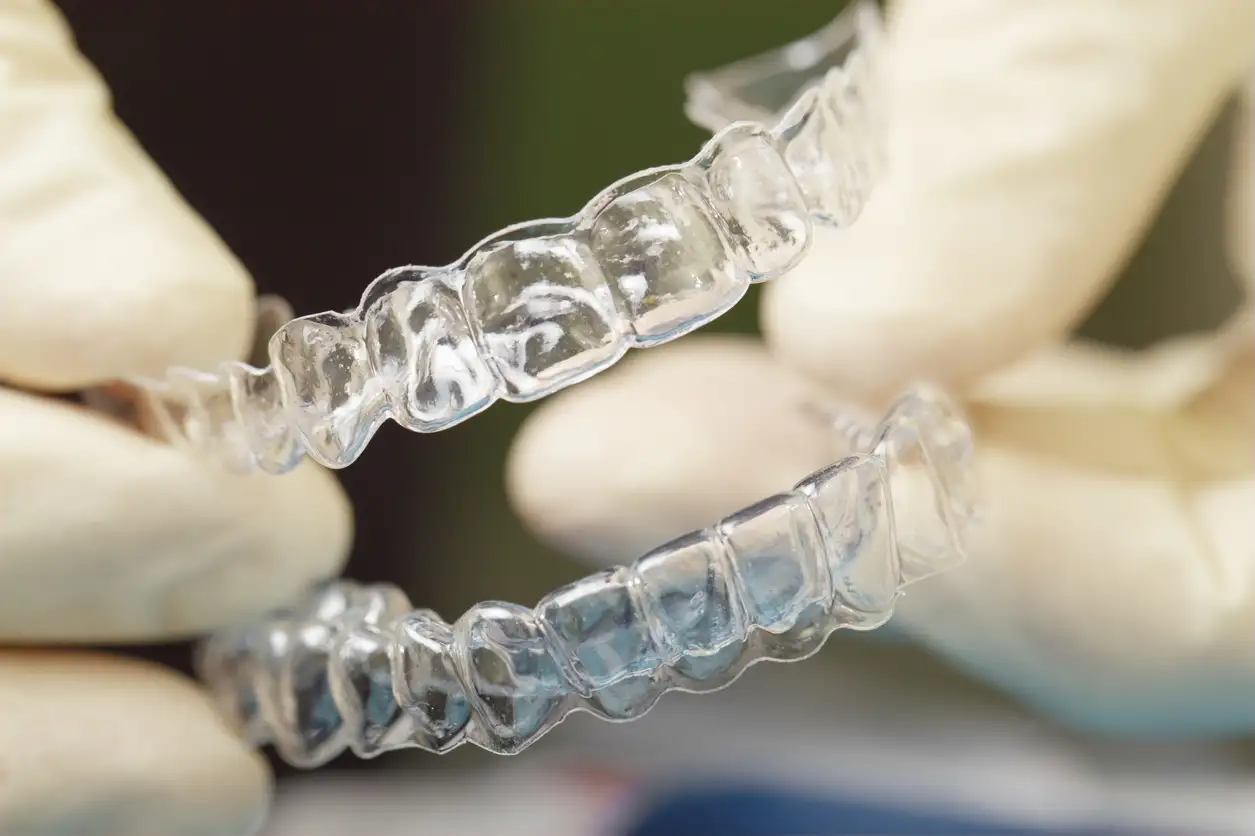Clinical Skills Development Programs Across Spanish Regions
Healthcare professionals in Spain have access to numerous clinical skills development programs designed to enhance practical competencies and theoretical knowledge. These training initiatives span multiple regions, offering diverse learning pathways for medical practitioners, nurses, and allied health professionals seeking to advance their expertise in modern medical practice.

The landscape of healthcare education in Spain has evolved significantly, with clinical skills development programs becoming increasingly sophisticated and accessible across various autonomous communities. These programs cater to healthcare professionals at different career stages, from recent graduates to experienced practitioners seeking specialized training. Understanding the structure, content, and regional availability of these programs helps medical professionals make informed decisions about their continuing education.
Learn Essential Medical Skills
Clinical skills training in Spain encompasses fundamental competencies that form the backbone of effective medical practice. These programs typically cover patient examination techniques, diagnostic procedures, emergency response protocols, and communication skills essential for patient care. Training centers across Madrid, Barcelona, Valencia, and Seville offer hands-on workshops where participants practice procedures on simulation mannequins and standardized patients. Many programs incorporate scenario-based learning, allowing healthcare professionals to develop decision-making abilities in controlled environments. The emphasis on practical application ensures that participants can immediately transfer learned skills to clinical settings. Programs often include modules on infection control, patient safety protocols, and ethical considerations in modern healthcare delivery.
Explore Modern Medical Training
Contemporary medical training in Spanish regions integrates cutting-edge technology with traditional clinical education methods. Simulation centers equipped with high-fidelity mannequins, virtual reality systems, and augmented reality tools provide immersive learning experiences. Institutions in Catalonia, Andalusia, and the Basque Country have invested heavily in these technological resources, creating environments that replicate real-world clinical scenarios. Training programs increasingly incorporate telemedicine competencies, digital health record management, and data interpretation skills reflecting the digitalization of healthcare. Interprofessional education models bring together physicians, nurses, pharmacists, and other healthcare workers to foster collaborative practice skills. Many programs also address emerging challenges such as antimicrobial resistance management, personalized medicine approaches, and population health strategies relevant to Spanish demographics.
Professional Courses in Healthcare
Spain offers a comprehensive range of professional healthcare courses through universities, public health institutions, and private training organizations. These courses vary in duration from intensive weekend workshops to multi-month certification programs. Regional health services often sponsor continuing education initiatives for their staff, covering specialized areas like critical care, pediatrics, geriatrics, and oncology. Professional colleges and medical associations across different autonomous communities organize regular training sessions addressing current clinical guidelines and evidence-based practices. Some programs offer modular structures allowing healthcare professionals to customize their learning paths according to specific career goals. Accreditation through official bodies ensures that completed courses contribute to mandatory continuing professional development requirements for licensed practitioners.
| Program Type | Provider Examples | Key Features | Cost Estimation |
|---|---|---|---|
| Basic Clinical Skills | Regional Health Services, University Hospitals | Hands-on practice, simulation training, 40-80 hours | €200-€600 |
| Advanced Specialty Training | Medical Colleges, Private Academies | Specialized procedures, certification, 100-200 hours | €800-€2,500 |
| Emergency Medicine Courses | Red Cross, Emergency Medicine Societies | ACLS, trauma management, 20-40 hours | €300-€900 |
| Simulation-Based Training | University Medical Centers, Simulation Centers | High-fidelity scenarios, team training, 30-60 hours | €400-€1,200 |
Prices, rates, or cost estimates mentioned in this article are based on the latest available information but may change over time. Independent research is advised before making financial decisions.
Regional variations in program availability reflect the decentralized nature of healthcare education in Spain. Catalonia and Madrid offer the highest concentration of training opportunities, with numerous institutions providing specialized courses throughout the year. Smaller autonomous communities have developed partnerships with larger centers to ensure their healthcare workforce has access to quality training. Online and hybrid learning formats have expanded accessibility, particularly benefiting professionals in rural areas. Some programs offer scholarships or subsidized fees for public sector employees, making advanced training more financially accessible.
Certification and Accreditation Standards
Clinical skills programs in Spain operate under various accreditation frameworks established by the Ministry of Health, autonomous community health departments, and professional regulatory bodies. Certification from recognized institutions carries significant weight in career advancement and demonstrates commitment to professional excellence. Many programs align with European Union standards, facilitating credential recognition across member states. Participants typically receive certificates upon successful completion, which may include practical assessments, written examinations, or portfolio submissions. Maintaining certification often requires periodic renewal through additional training, ensuring healthcare professionals stay current with evolving medical knowledge and techniques.
Choosing the Right Development Program
Selecting an appropriate clinical skills development program requires careful consideration of several factors including career objectives, current competency levels, time availability, and financial resources. Healthcare professionals should evaluate program curricula to ensure alignment with their learning needs and verify accreditation status before enrollment. Consulting with colleagues, reviewing program outcomes data, and attending information sessions can provide valuable insights. Regional health authorities and professional associations often publish directories of approved training providers, serving as reliable resources for program selection. Balancing theoretical knowledge with practical skill acquisition remains essential for maximizing the value of any clinical development program.
The continued expansion and refinement of clinical skills development programs across Spanish regions reflects the healthcare sector’s commitment to excellence and patient safety. As medical knowledge advances and healthcare delivery models evolve, these training initiatives will remain vital for ensuring that Spanish healthcare professionals maintain the highest standards of clinical competence and patient care quality.




